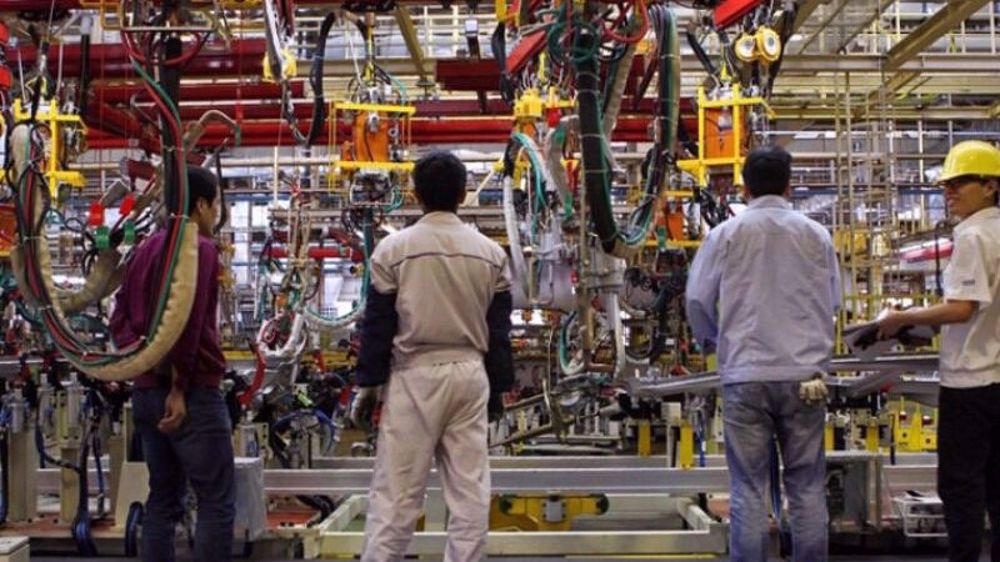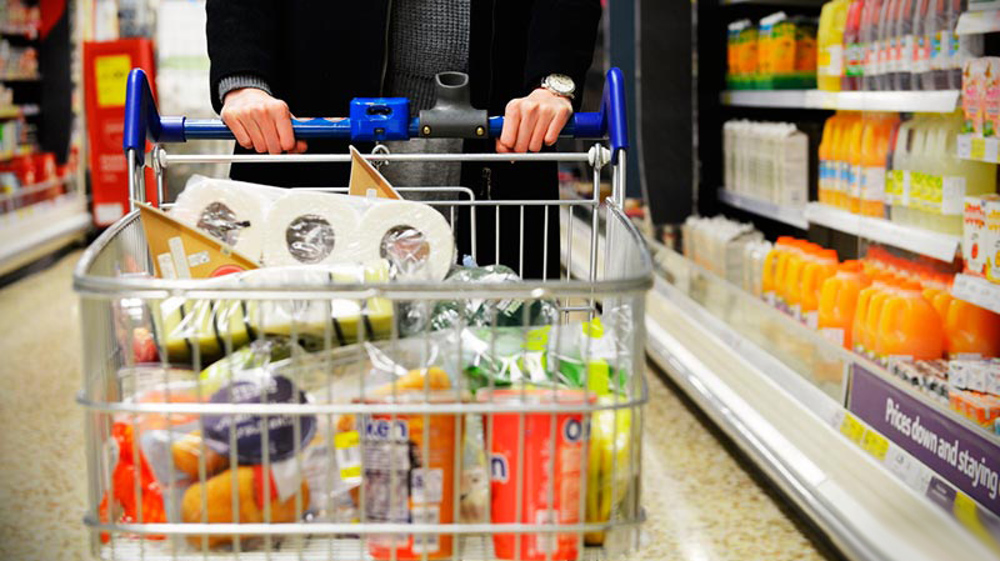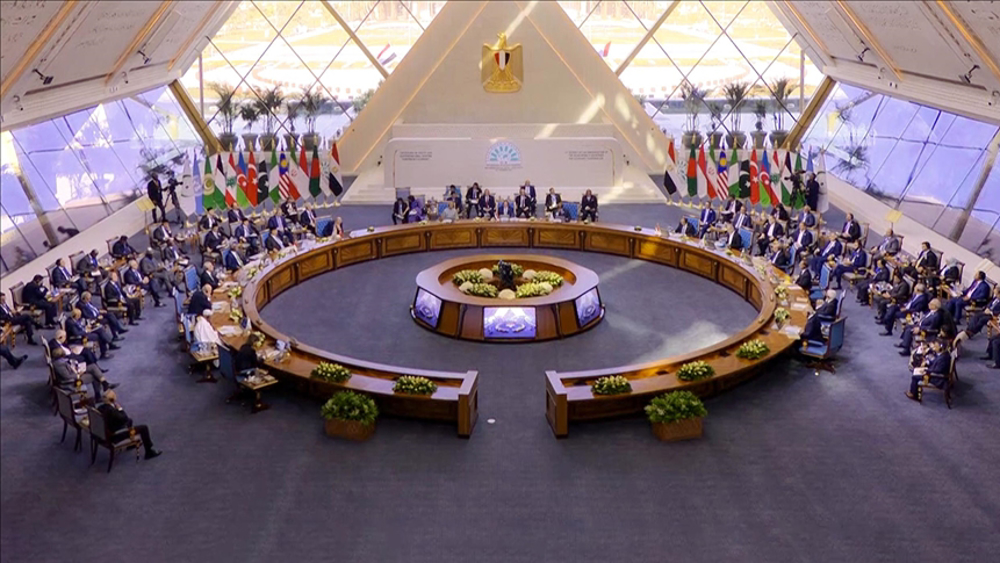Iran’s steel maker targets Arab markets amid EU's punitive measures
Esfahan Steel Company (ESCO) is shifting its focus to Arab markets, which received the bulk of the company’s exports in the four months since March 20.
ESCO exported 476,000 tonnes of steel worth $200 million in the period, mostly to Oman, the UAE, Jordan and Egypt, the company’s Managing Director Ahmad Sadeqi was quoted as saying.
The company also exported to Thailand and some European countries which he did not identify. The figure compared with overall exports of 700,000 tonnes by the company last year.
Sadeqi foresaw a “bright prospect” for the company which, he said, has boosted production, reduced debt and expanded exports and cut its prices.
Steel was Iran's largest export item after oil, gas and petrochemicals last year. Another company in the central Iranian city, Mobarakeh Steel Company (MSC), is the largest steel maker in the Middle East and Northern Africa.
European media reports have said the EU was targeting MSC’s hot-rolled steel, planning to hit imports from the country with punitive trade tariffs. According to a document cited in the media, the European Commission is proposing duties of up to 23 percent for steel from Mobarakeh Steel Company.

European steel lobby group Eurofer is at the center of the campaign and has forced Europe’s trade policy oversight European Commission to intervene and check imports.
The group has said Iranian exports to Europe had leapt to more than 1 million tonnes annually, accusing Mobarakeh of "trade distorting measures."
Iran enjoys an advantage because production costs at the majority of its steelworks are internationally competitive due to low energy prices in the country.
Sadeqi said the prices of Iranian steel products are still lower than those in the international market, adding the rates in Iran are controlled through various measures to avoid pressure on the consumer.
He also said current import tariffs in the country are appropriate given the current steel market which is flat around the world, but a number of brokers with a long history in imports of low-quality ingots, were pushing for the removal of duties.
Iran exported 4 million tonnes of steel last year, according to director of the Iranian Mines and Mining Industries Development and Renovation Organization (IMIDRO) Mehdi Karbasian.
Currently, the nation produces 16 million tonnes, which is one percent of the world total. A statement on IMIDRO’s website says exports are expected to hit 20-25 million tonnes by 2025.
VIDEO | Yemeni forces repel US-British attack, down F-18 Jet
Iran’s capabilities vast; enemy’s ‘maximum pressure’ policies all failed miserably: Senior official
Iran’s economy grew 2.7% y/y in Sep quarter: CBI
VIDEO | Freelancers in Gaza strive to stay online amid genocide
Mikati demands Israel's withdrawal from south Lebanon
Yemeni army strikes Israeli military sites with drones
‘Clock ticking’: UNRWA slams unjustifiable killing of children in Gaza
BP to be sued in Britain for supplying oil to Israel










 This makes it easy to access the Press TV website
This makes it easy to access the Press TV website